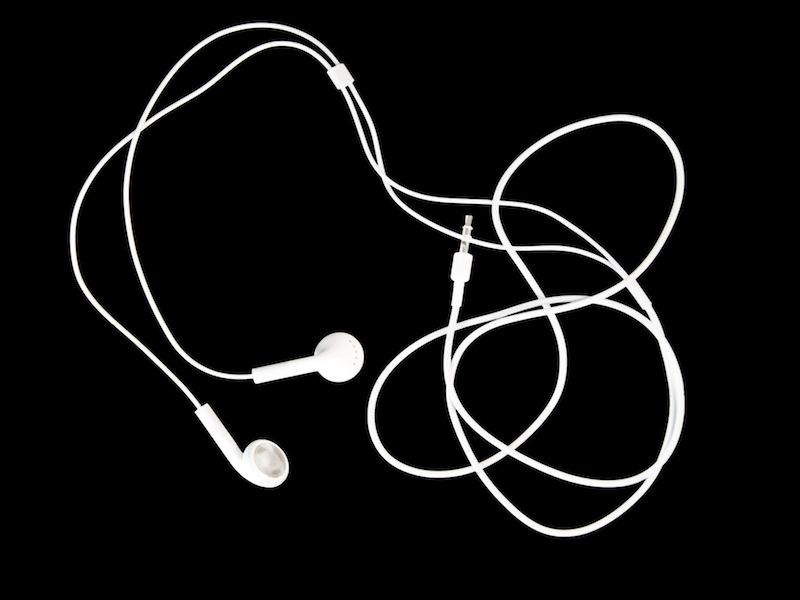
You don’t need to feel like your by yourself if you haven’t had a hearing examination since you were a youngster. It isn’t usually part of a routine adult physical and unfortunately, we often deal with hearing reactively rather than proactively. Most people disregard hearing loss, even when they are aware of it, for up to seven years which can seriously affect your health. As a matter of fact, untreated loss of hearing has been shown to raise your healthcare costs over time.
The good news, So that our hearing specialists to assist you, we suggest a hearing test which is simple, painless and gives a wide range of information. Both to learn if interventions like hearing aids are helping you and also for diagnosing potential hearing problems. When you were younger, you might recall the audiometry test from school, but a full hearing test will give you a clearer understanding of your hearing without a lollipop or sticker.
While you may not give the condition of your hearing as much thought as you do the health of your eyes or your teeth, it is crucial that you regularly have your hearing checked. You might not recognize a problem with your hearing for some time. Loss of hearing normally occurs slowly, and the earlier you detect an issue with your hearing, the sooner you may be able to fix it.
When Should You Get Examined?
All newborns should be tested for hearing loss, and normally, the hospital does that before they are released. The American Academy of Pediatrics suggests that children undergo formal hearing screenings when they are 4, 5, 6, 8 and 10 years old and that teenagers should have hearing exams during wellness appointments with their doctors.
If you are in between the ages of 18 to 45, it is recommended that you get your hearing tested every five years and then more frequently as you get older. After you turn 60 you should get tested every two years and if you are between 46 and 60 every three years. But you might need to get checked more frequently. The regularity with which you need to get tested will ultimately depend on your unique circumstances. If you find that your hearing isn’t what it used to be, you should have it examined immediately. A number of health issues are associated with neglected hearing loss, such as increased danger of falling, mental decline, and depression. It can also affect your relationships and your ability to do work effectively.
And you need to have a hearing exam, in some situations, as soon as possible if you have hearing loss that is getting quickly worse. An immediate hearing test is advisable if:
- There is earwax buildup or you had an ear infection
- Conversations are difficult to hear when you are in a crowded area especially
- You are experiencing a constant ringing in your ears
- You are experiencing vertigo
- It is difficult to pinpoint where sounds are coming from
- You find yourself having to constantly ask people to repeat themselves
Whether you are at risk of hearing loss is another consideration. You should get your hearing tested more often, for example, if you are exposed to loud noise or if loss of hearing runs in your family.
There are also over 200 ototoxic medicines. From Aspirin to certain antibiotics, these medications can be very harmful to your hearing. Consult your doctor to make certain any medicines you are taking aren’t affecting your hearing. If you need to use a medication that you know is ototoxic, consider getting more regular hearing testing so you can manage any hearing loss immediately.
Also, think about your habits and whether they might contribute to hearing loss. Constantly using your earbuds? There’s been a significant rise in younger people with hearing loss, which many experts attribute to the increased use of earbuds and other headsets. Your ears can also be significantly damaged by machinery, shows, or loud concerts. If you feel that it’s time for you to get your hearing examined, schedule an appointment today.
